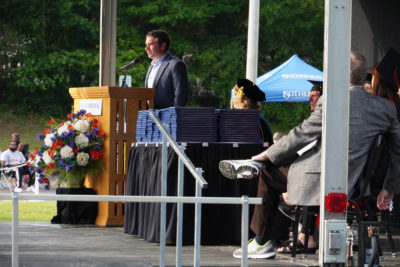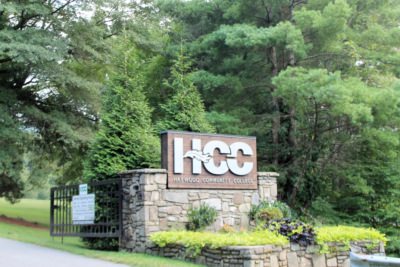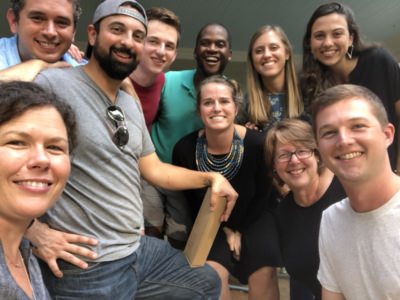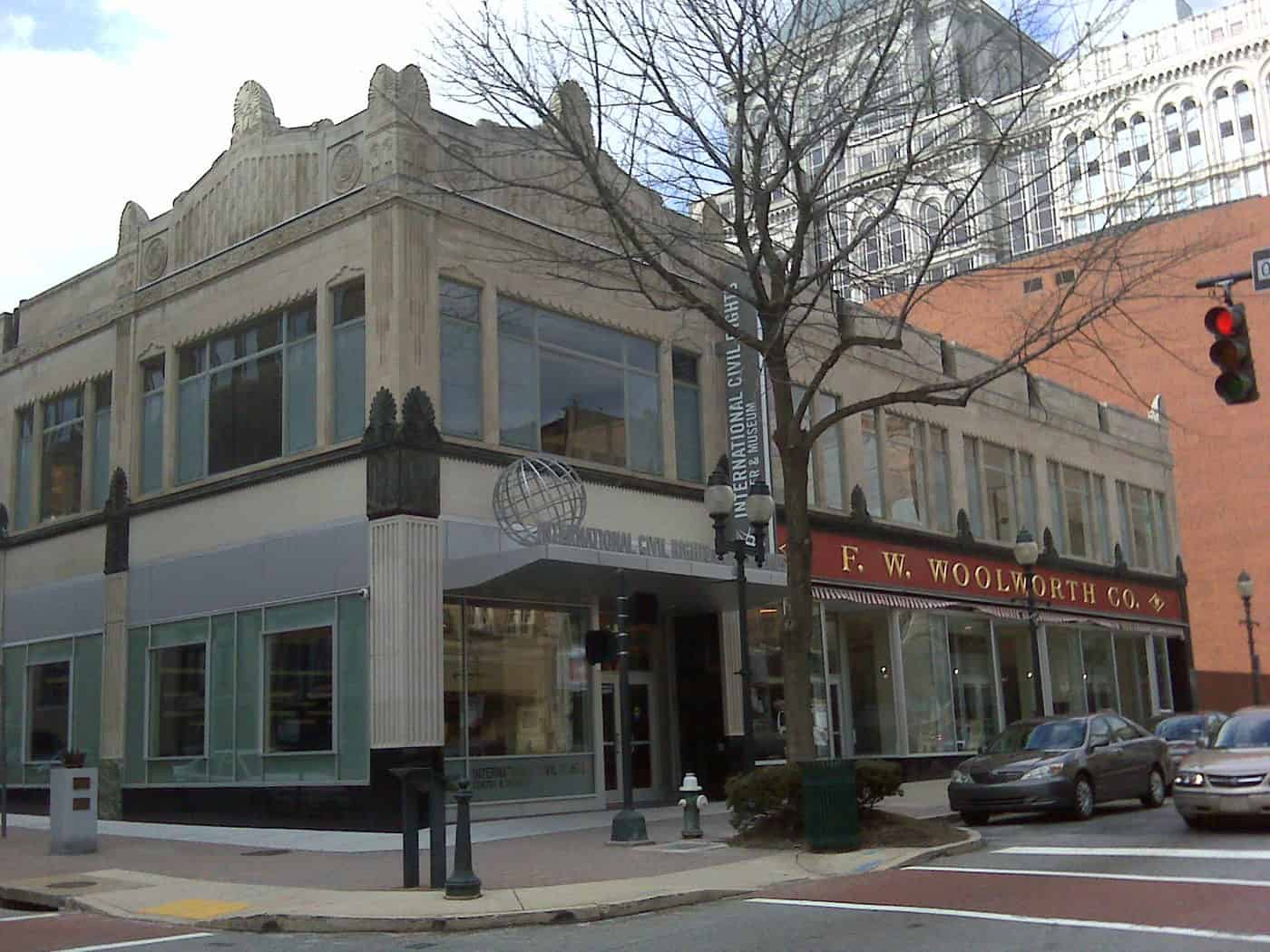Loving a state, much like loving a person, requires you to bear witness to the good and the bad. Love, to my mind, requires us to stand beside those who have disappointed us, to show grace, to forgive. That is the difficult part of love, the part that doesn’t always make it into pop songs or the cineplex. It requires us to acknowledge the truth and analyze how we might improve.
Recently I had the opportunity to speak to the staff of the North Carolina Community Foundation (NCCF) on the topic of hunger, food insecurity, and our food systems across North Carolina.
My task was to give the NCCF staff an uplifting view of the work and opportunities ahead of us, but inspiration also requires a dose of reality.

Childhood nutrition directors tell us that food consumption is often highest on Monday, when students come in hungry from a weekend without enough food, and Friday, when students are often preparing for a weekend where food might be scarce.
We have met students who have hard working parents who work second or third shift. Those students must sleep on the couch of a friend or family member or in 24-hour day care until their parents can take them home at two in the morning before attempting to wake them a few hours later to take them to school.
We have walked in the woods around Hickory where entire families sleep under tents and tarps while trying desperately to find housing. We have seen rubber erasers and school binders beside the campfire.
Yet behind each of these difficult stories, we have met remarkable people. Everyday heroes as we call them at EdNC.
One of those heroes is David Thompson. David is leading a resiliency revolution in Buncombe County as he works to build out district-wide strategies dealing with the Adverse Childhood Experiences (ACEs) that too many of our children grapple with daily. He understands that children spend far more time outside of school than inside of school and the difficulties they face outside of school will always impact their performance in the classroom.
I understand the need to build resilience among our children because as a child I often faced difficulties at home that impacted my own educational outcomes. My life is a testament to the impact that stability, support, and love at home can provide for our students.
The work of David, and others, who are spending their time building safe, supported, and resilient schools would also resonate with Roger Cornett of the Open Door Homeless Relief Project in Hickory. Roger understands in his core that every person deserves to feel safe and supported, particularly if they are going to be resilient in the face of the challenges that life throws their way such as homelessness and addiction.
All of the dots connected for me when Roger said:
“My faith teaches me that Jesus didn’t say to avoid looking down in the abyss. Jesus taught me that you have to get down in the hole with people and make friends with them.”
At the end of the day, the work of building resiliency within our children, and our entire community, require us to get down in the hole with each other. We must remind every person that we are in this together.
Getting down in the hole with everyone requires us to shift the question we pose to students who are breaking the rules from ”why did you do that?” to ”what is going on with you?” as David Thompson has pushed Buncombe County to do.
Getting down in the hole with people requires us to understand that it is our job to make sure that everyone feels safe, supported, and secure. It is our job to make sure that all people feel like they can call North Carolina home.
At the core of all of the work to build resiliency is love and compassion.
Compassion, love, and empathy are at the heart of the strategies at the core of combating the “othering”of our society as Dr. Anthony Iton of the California Endowment called on us to do at a recent Triangle Community Foundation function.
Loving North Carolina requires us to make sure that every North Carolinian has an opportunity to succeed regardless of the zip code where they were born or where they reside. We should strive to live up to our motto that we are the state where the weak grow strong, and the strong grow great.
That is the North Carolina that I love deep within my core. And I suspect that is the North Carolina that you love too.
Recommended reading




